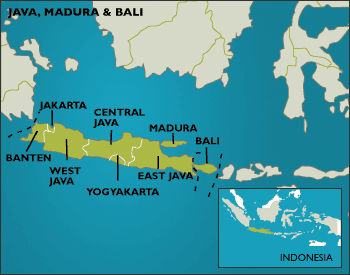Down to Earth No. 51, November 2001
The prospect of widespread planting of genetically modified crops in Indonesia is causing alarm.
In September, 72 Indonesian NGOs grouped under the NGO Coalition for Biosafety and Food Safety lost their legal challenge against the Indonesian minister for agriculture, Bungaran Saragih, and PT Monagro, the Indonesian subsidiary of US-based biotechnology multinational, Monsanto. The NGO court case was aimed at annulling an agriculture ministry decree issued February 2001 (No.

